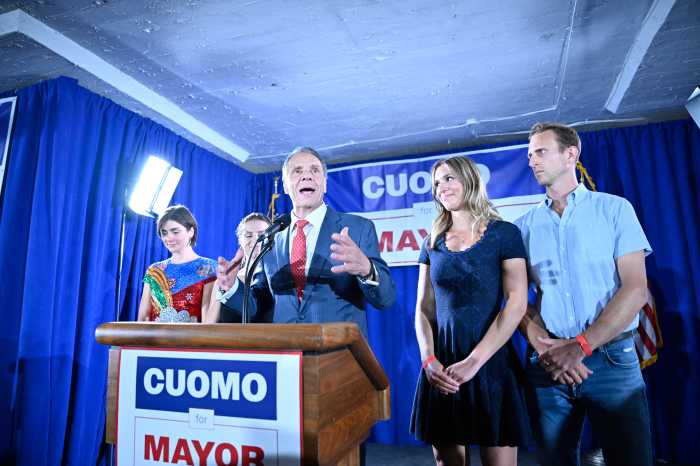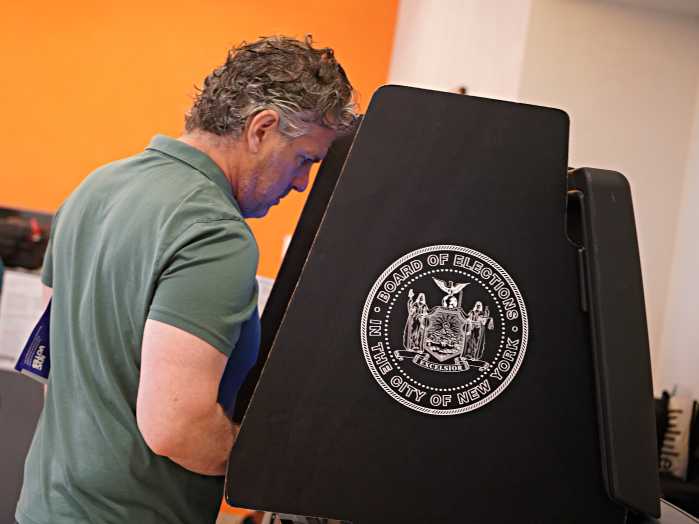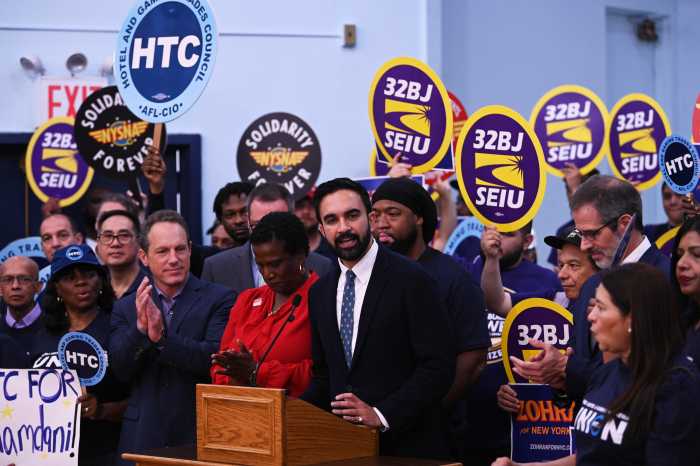New York City residents voted “yes” on all three City Charter proposals Tuesday, approving new rules on campaign financing, civic engagement and community boards.
The proposals, announced by Mayor Bill de Blasio’s charter revision commission, didn’t have the support from all elected officials, including City Council Speaker Corey Johnson.
But each one passed with a high margin. Here’s a look at what the proposals will change.
Campaign finance
This proposal will cut the maximum allowed in donations to candidates, and boost the amount of public financing they could receive.
Candidates for mayor, public advocate and comptroller, who receive public financing for their campaigns, will be allowed a maximum of $2,000 from a single donor, a reduction from the current limit of $5,100. Candidates for borough president will be limited to $1,500 from a single donor, down from $3,950, and candidates for City Council will be limited to $1,000, instead of $2,850.
In return, candidates who participate in public financing will see a boost for every dollar they raise privately — $8 for every $1, up from the current $6 for every $1.
How New Yorkers voted: 80.25% Yes, 19.75% No
Civic engagement
This ballot proposal will create a Civic Engagement Commission to get more New Yorkers involved in city government through initiatives like improving language access at polling locations and creating a citywide participatory budget program to allow residents to vote on projects in their communities.
The mayor will appoint most of the members of the commission, which is why some apposed the proposal.
How New Yorkers voted: 65.5% Yes, 34.5% No
Community boards
The third ballot proposal will place term limits on volunteer positions on community boards in an effort to open them up to more New Yorkers.
The proposal will require borough presidents, who appoint community board members, to seek out “persons of diverse backgrounds.” New members will be limited to four consecutive two-year terms.
How New Yorkers voted: 72.3% Yes, 27.7% No





































